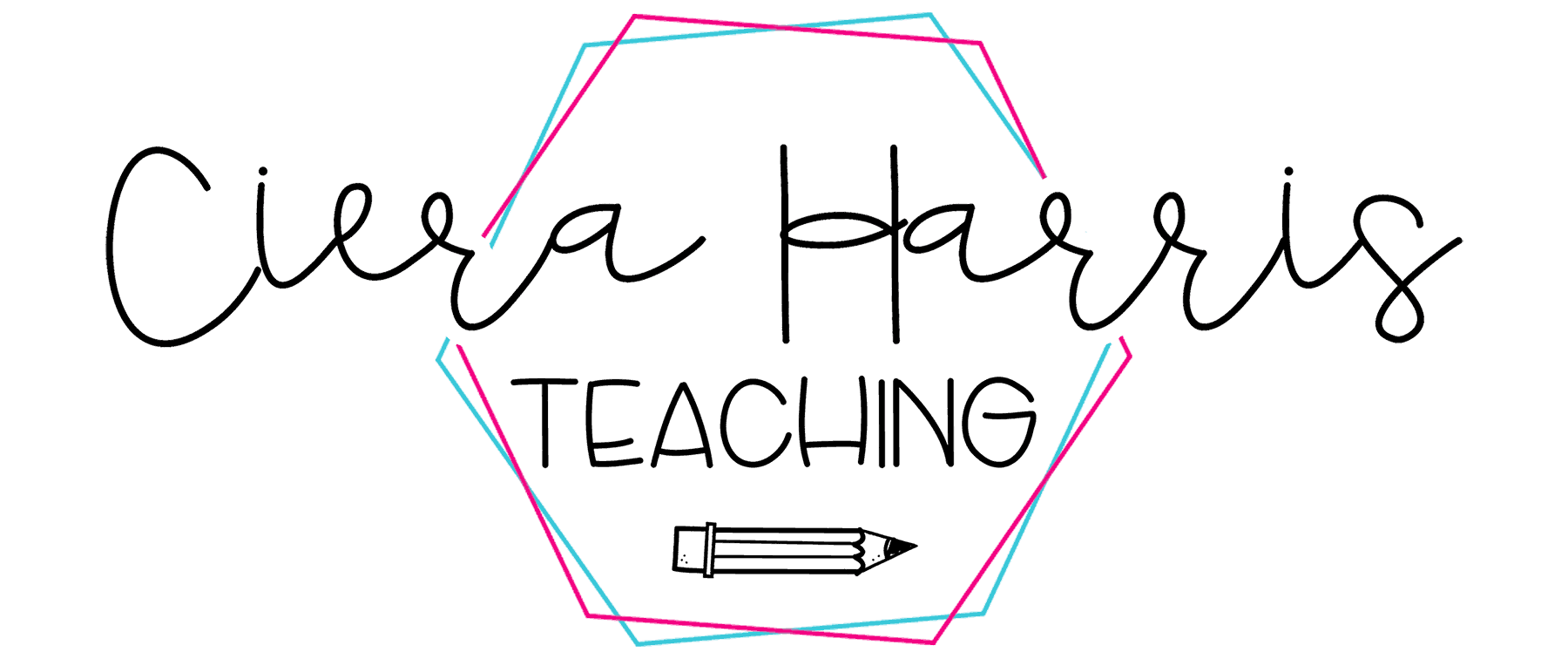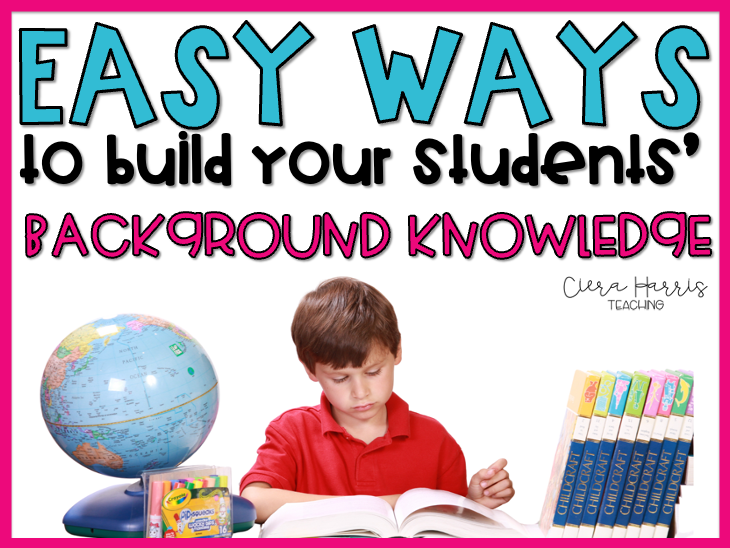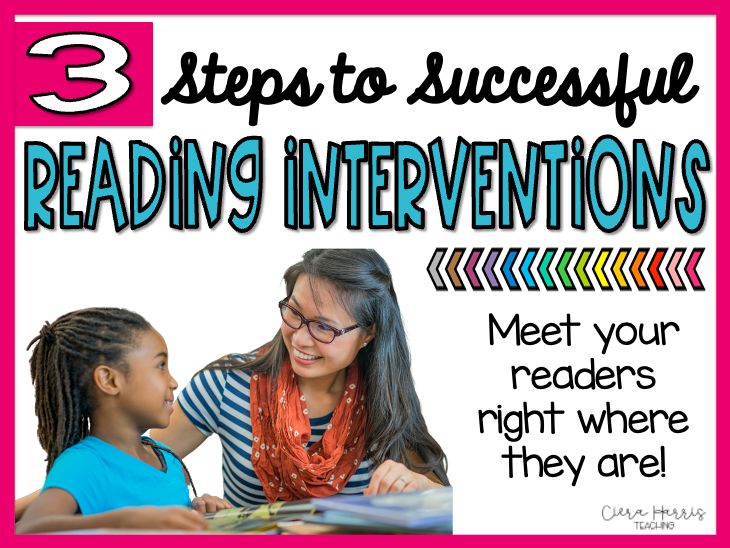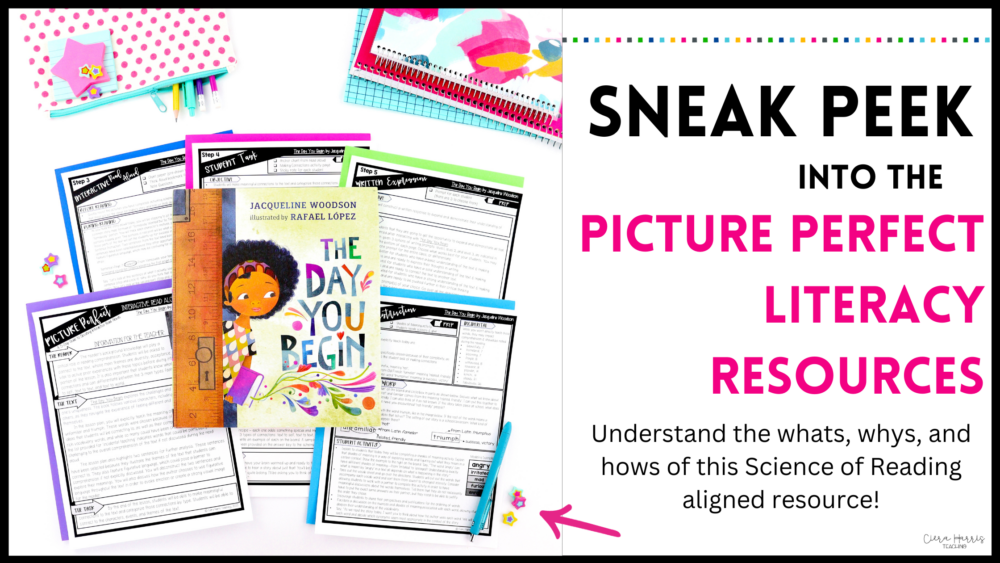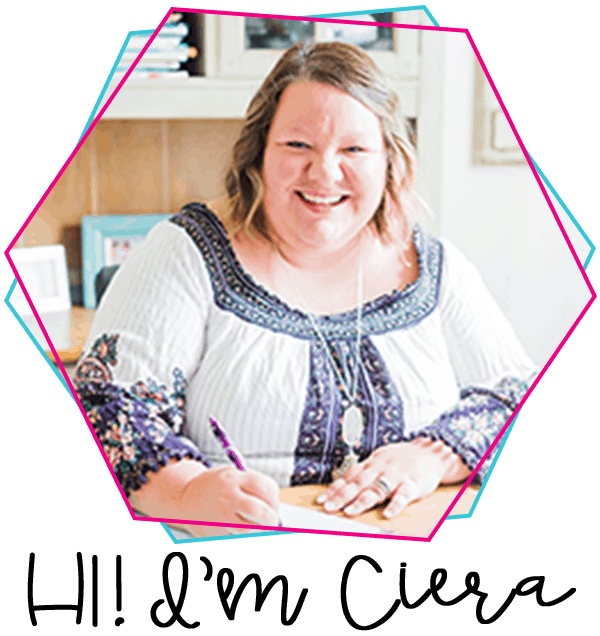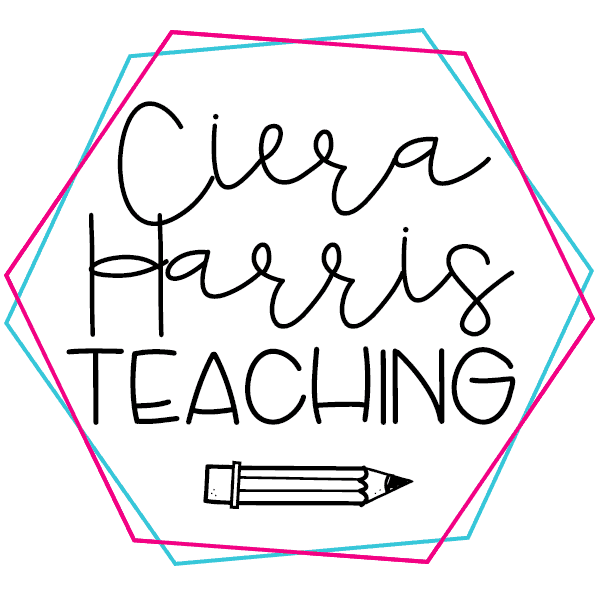Giving assessments as a teacher is inevitable. Although we dislike giving them, they provide helpful data and information that can drive our instruction. We know that there are many different types of assessments: formative, summative, exit tickets, etc. Then there are also running records, guided reading assessments, benchmark assessments. The list can go on and on. Out of all of these assessments, which ones are the best to use? Now, I can’t tell you to use this program or this exact text BUT I can give you three important factors to look at when evaluating reading assessments. Here are three factors to look for in a strong reading assessment:
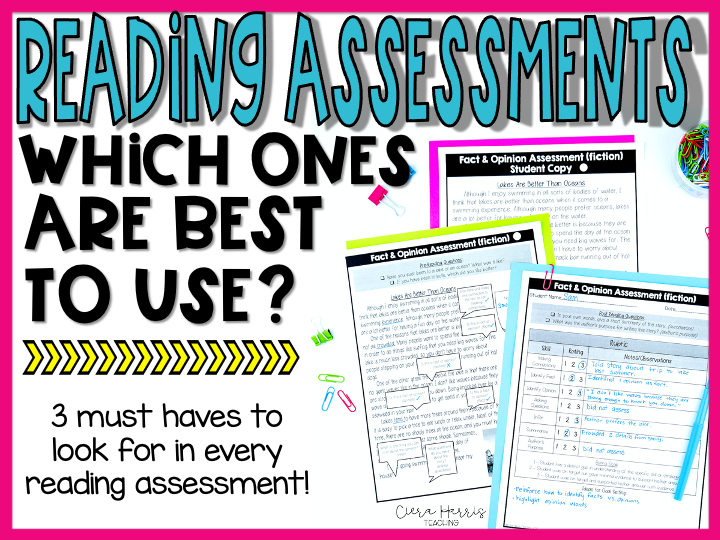
Want to watch the video instead? Check it out below! Make sure to subscribe to get updates on all new content!
I’ve been around the teaching world long enough to know there isn’t such a thing as a ‘perfect’ assessment. They all have flaws. Why? Because our students are not one size fits all! We cannot truly tell how much a student knows and understands simply from a piece of paper. I highly recommend all teachers and administrators evaluate the reading assessments they use (or create) before giving them to their students. Here are some things to look for:
Reading Assessment Tip #1:
 Look for assessments that focus in-depth on one skill or strategy. These are good to have in the classroom as they provide better data on whether or not a student truly understands the skills being taught. Many reading curriculums come with weekly reading assessments but when you look closely, they assess a variety of things. I would rather have one, in-depth assessment that shows me one skill and what the student can and cannot do with that skill.
Look for assessments that focus in-depth on one skill or strategy. These are good to have in the classroom as they provide better data on whether or not a student truly understands the skills being taught. Many reading curriculums come with weekly reading assessments but when you look closely, they assess a variety of things. I would rather have one, in-depth assessment that shows me one skill and what the student can and cannot do with that skill.
What does this look like? Well, look for an assessment that not only assesses the focus skill but also its prerequisite skills and connecting skills or strategies. Many times when a student struggles with a skill, the skill itself isn’t the problem. It’s what lies beneath that needs support. For example, if a student struggles with main idea, it could be determining importance that needs reteaching. Look for an assessment that gives a variety of complex questions so you can see exactly where the moment of confusion takes place. Giving a range of easy questions to hard questions allows you to pinpoint exactly where misconceptions occur. Then allowing you to create interventions to help the student with their specific needs.
If you don’t have or cannot use assessments like this, then there are a few things you can do to help. Look at the assessment you have to give and evaluate the questions it’s asking. Are there some you can eliminate and replace? Which are more important? Can you grade just those and use the others just as side data? Figure out what is best on the assessment you have, how to make it better, and go from there.
Tip #2:
Open-ended questions are far superior to use than closed questions. Check out my article about deep comprehension and open-ended questions if you need more information! Open-ended questions allow the students to start from scratch when providing an answer. Closed questions give prompts (multiple choice). By using open-ended questions in assessments, we get a much better picture of what students truly understand.
If you give an assessment with all or mostly multiple-choice questions, you might get some useful data but it doesn’t show the true depth of what students know and understand. By giving open-ended questions you can see not only if the student knows the answer but also how well he/she can support the answer. If a minimal explanation is given but with a correct answer then we can tell that they know the answer but may not understand why or how to support it. If the correct answer is given along with a detailed explanation and text evidence then we can tell the student knows how to properly justify their answer.
Reading Assessment Tip #3:
 Find and use reading assessments that can be done in small groups, or better yet, one on one! Why? A conversation is the best assessment for comprehension. Even open-ended questions, as discussed above, have a limit based on the space or number of lines. By having a conversation with a student as an assessment you are able to ask follow-up questions, tiered questions (questions that go easy to hard or vice versa), and truly see where the misconception lies.
Find and use reading assessments that can be done in small groups, or better yet, one on one! Why? A conversation is the best assessment for comprehension. Even open-ended questions, as discussed above, have a limit based on the space or number of lines. By having a conversation with a student as an assessment you are able to ask follow-up questions, tiered questions (questions that go easy to hard or vice versa), and truly see where the misconception lies.
I know that doing one on one reading assessments isn’t always doable based on time, but I truly think it is necessary for teachers to assess comprehension one on one at least once a month with each student, more if the student is struggling. Creating a schedule to allow for a rotation of students each week to be met with and assessed during a conversation needs to be a priority for every reading teacher.
Reading Assessment Recommendation
Like I stated before, there is no such thing as a perfect reading assessment. But based on what I know about strong reading assessments, how to get true data to use, and what needs to be included, I have designed a reading assessment I think you’ll be extremely happy to try and use! 
My Differentiated Reading Assessments are a fantastic way to get exactly what you need from each student. Each assessment focuses on ONE skill or strategy, asks open-ended questions about that skill, AND connected prerequisite skills, plus they need to be given one on one! In the entire Differentiated Reading Assessment resource, you get 24 different reading skills and strategies, each with 4 different texts. Each text is differentiated for on level, below, and above. That’s over 250 reading passages to use whenever you need them!
Teachers are loving these reading assessments and I know you will too! Even if you use them sporadically in between your mandated assessments, they will help give tons of data to help move your students along. Make sure to check them out today!
Differentiated Reading Assessments
Want to save this post for later? Make sure to pin the image below!

